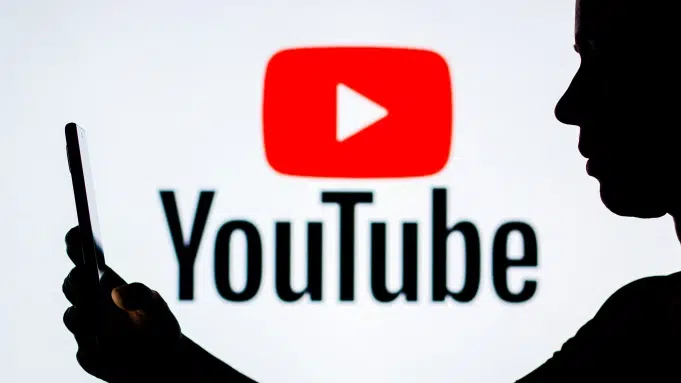October 13, 2022
YouTube, the world’s largest streaming platform for music, announced that it has paid more than $6 billion to the music industry in the 12 months between July 2021 and June 2022 — some $2 billion more than it said it paid in the previous 12 months. Like last year, the announcement comes in the form of a blog post from the platform’s head of music, Lyor Cohen.

While short on specifics, the post does outline some of the contributing factors. “We want our twin engine of ads and subscriptions to be the #1 contributor of revenue to the industry by 2025,” Cohen wrote. “That’s why YouTube is monetizing all music formats (short & long form video, audio tracks, Live, etc.), on all platforms (desktop, tablet, mobile, and TV), in over 100 countries. And overall watch time of music content on YouTube across desktop, tablet, mobile, and TV continues to grow year over year.”
He continued, “We also pioneered the monetization of user generated content (UGC), which we knew could become a powerful engine for the industry: UGC drove over 30% of payouts for artists, songwriters and rights-holders, for the second year in a row; Shorts generates 30 billion views per day, with 1.5 billion monthly logged-in users.”
However, despite those big numbers, over the years music industry trade groups and others have taken issue with YouTube’s royalty system for its lack of transparency and, many feel, insufficient payments. Just a day ago a report in Billboard made a number of detailed allegations, supported by claims from a number of unnamed sources, who say that YouTube’s rights-management system that is “full of errors” and “ripe for abuse.”
He concluded by writing, “Building a connected music experience across all music formats is great for fans, but it must also be great for artists. All artists. Whether they want to be occasionally brilliant or “always on,” it’s our mission to help them forge their own path on YouTube and develop financially sustainable careers.”
The announcement comes before a big change at YouTube: Late last month, chief business officer Robert Kyncl said he will be leaving the company in early 2023 after more than 12 years as a senior exec at video giant. Kyncl, who previously played a major role in moving Netflix from DVDs to digital, helped to grow YouTube into a multibillion-dollar powerhouse, and played no small role in its dealings with the music industry.
The continued rise in screaming has left Artists losing out on millions of unclaimed royalties due to errors in metadata . Music matching technology can help music rights organisations address this issue and ensure accuracy.
There is a huge discrepancy between the music being played and the royalties being paid. Much of this can be attributed to bad, unorganised and inconsistent music metadata.
The Matching Engine uses automated parameters to identify and match data. A foundation of Azure and Databricks technology provides the ability to process and transform data from various streaming platforms and in different formats at scale.